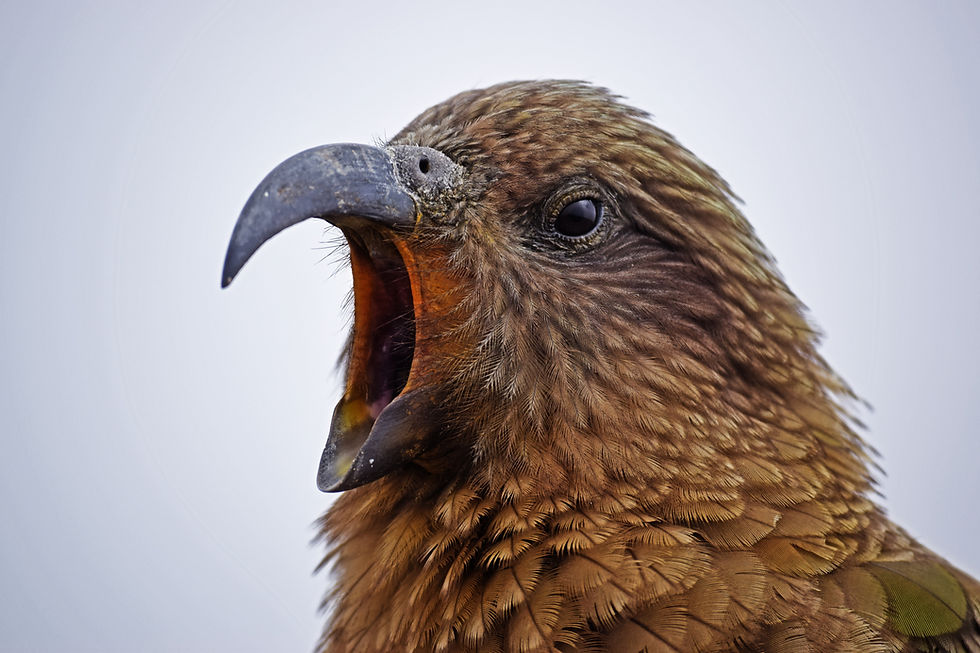_edited.png)
Rangatahi pūrākau
These pūrākau are from some of the rangatahi interviews. They address challenges that can arise in a journey to becoming a sexual being. Each is followed by enquiry questions taken from the research interviews, these are designed support you to reflect on how they relate to people, how unhelpful ideas about gender and sexuality can impact them, and how they can create new ways of being and becoming sexual.
Explore more rangatahi pūrākau that might be helpful guidance in a journey to becoming a sexual being.
Hone's Story
Hone was very shy and found it difficult to talk to girls. He was very good-looking and always had girls or older women hanging around him and his friends. Sometimes, they’d even make cheeky, inappropriate comments that he didn’t like. He never knew how to respond to these advances, and often girls and women would feel rejected and become angry. Hone was worried that some of the women who followed him around might take it too far, but mostly it was so awkward it made him hesitant to go out by himself. Many of the girls at school started to say that Hone was just a tease who only went for cougars, and that girls should stay away from him. Others said he must only have a high body count cause nobody wanted to do it with him more than once.
-
How might colonial sexism play into the way people misunderstand Hone?
-
How might the patriarchy and colonial sexism influence our expectations of boys’ sexuality?
-
How is Hone’s mana undermined in this narrative?

Pita's Story
Pita was a really big fan of a band called Kalohe Kai. Their songs spoke to the love they have for te taiao, singing about their whenua as though it were a woman. Pita loved the way these songs made him think about love, about someone he might fall in love with one day and how he would want to respect her. He spends a lot of time thinking about what it means to love someone and hopes that he finds someone who will love him the same way he imagines loving them. Some of Pita’s friends didn’t really like talking about feelings and would make fun of him, but he and his best friend would often talk about what they wanted in the future and the sorts of relationships they hoped they could create.
-
How might colonial sexism prevent tāne Māori from being able to lean into their sensitive side and explore platonic intimacy?
-
How do Māori boys draw on mātauranga around them to learn about how to hono and respect each other?
-
How can we resist colonial pressures that encourage us to think that sex is the most important part of a relationship?
